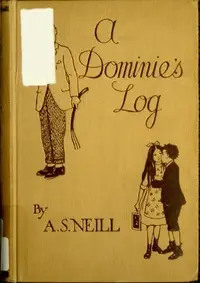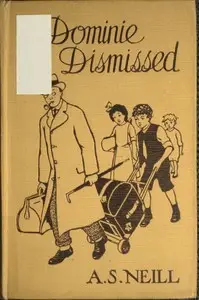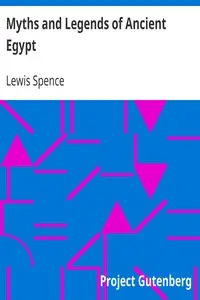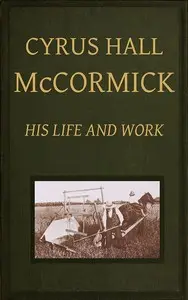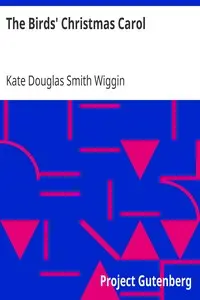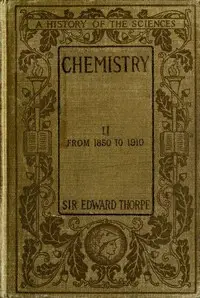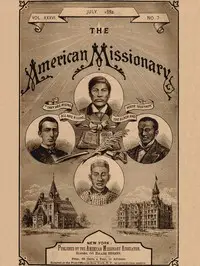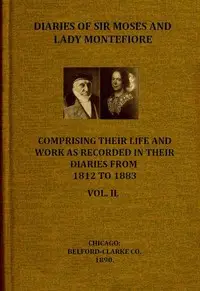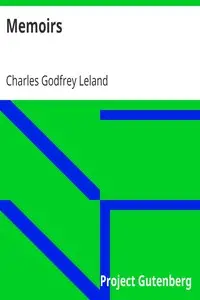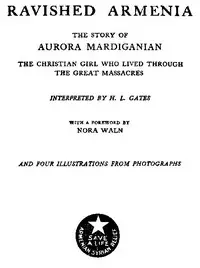"A Dominie in Doubt" by Alexander Sutherland Neill is a novel written in the early 20th century. The book explores themes of education and authority through the musings and conversations of a school teacher, primarily focusing on his reflections on the nature of teaching and the psychology of children. The protagonist, a dominie (a Scottish term for a schoolmaster), grapples with his beliefs about education and the impact of discipline on students, revealing a critical and often humorous viewpoint on traditional teaching methods. The opening portion of the novel introduces the main character, who is engaged in a candid conversation with his friend Macdonald about his previous writings on education, particularly his book "A Dominie’s Log." The dominie expresses dissatisfaction with his past views, admitting that they are outdated. He emphasizes the importance of interest over authority in education, challenging the traditional disciplinary methods used by contemporary teachers like Duncan, who represents a more rigid education style. Through witty dialogue and self-reflection, Neill sets the stage for a deeper inquiry into progressive educational philosophies and the psychological factors affecting learning. (This is an automatically generated summary.)

A Dominie in Doubt
By Alexander Sutherland Neill
"A Dominie in Doubt" by Alexander Sutherland Neill is a novel written in the early 20th century. The book explores themes of education and authority t...
Alexander Sutherland Neill was a Scottish educator and author known for his school, Summerhill, and its philosophy of freedom from adult coercion and community self-governance. Raised in Scotland, Neill taught at several schools before attending the University of Edinburgh in 1908–1912. He took two jobs in journalism before World War I, and taught at Gretna Green Village School in the second year of the war, writing his first book, A Dominie's Log (1915), as a diary of his life there as head teacher. He joined a Dresden school in 1921 and founded Summerhill on returning to England in 1924. Summerhill gained renown in the 1930s and then in the 1960s–1970s, due to progressive and counter-culture interest. Neill wrote 20 books. His top seller was the 1960 Summerhill, read widely in the free school movement from the 1960s.


